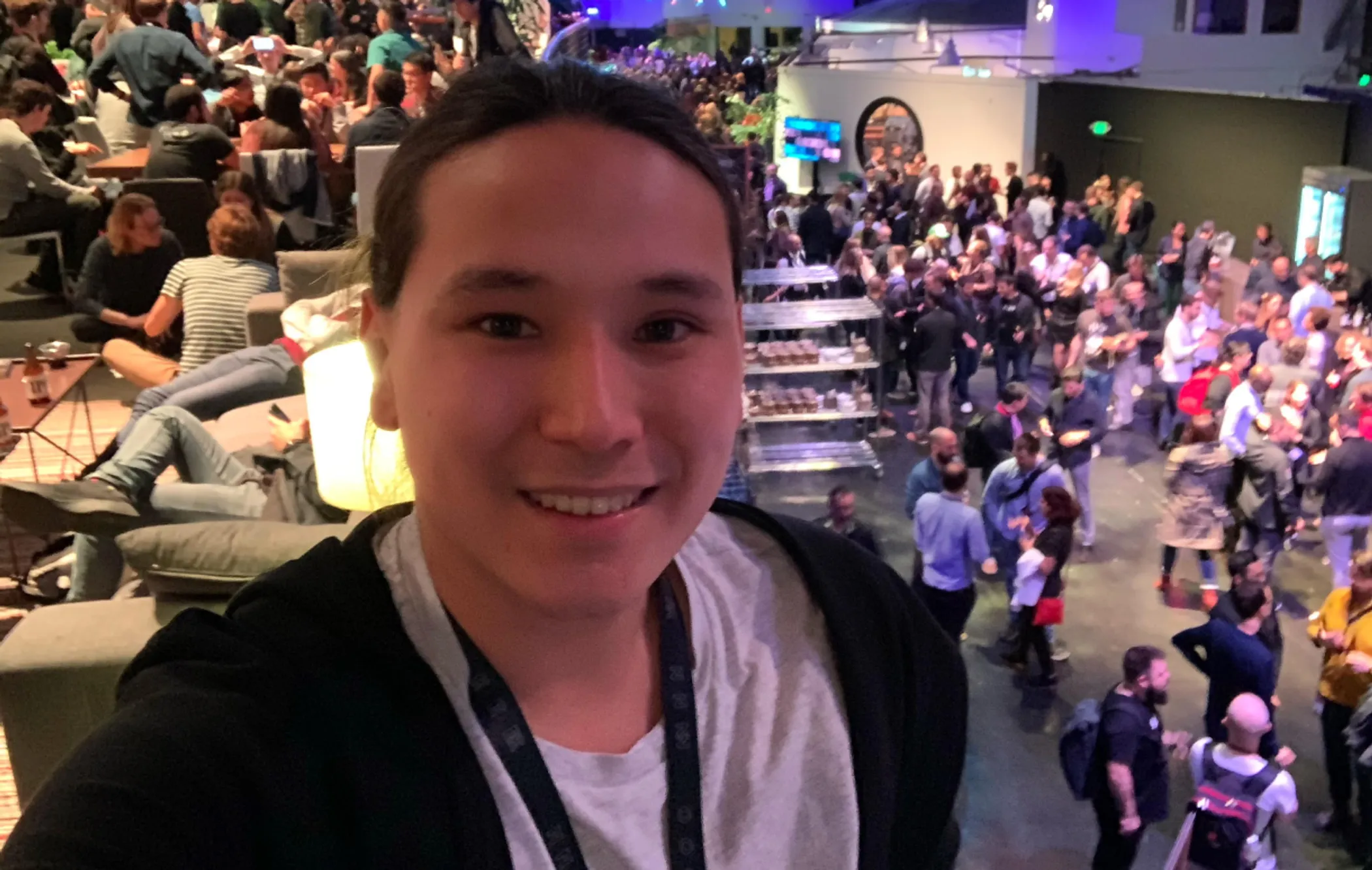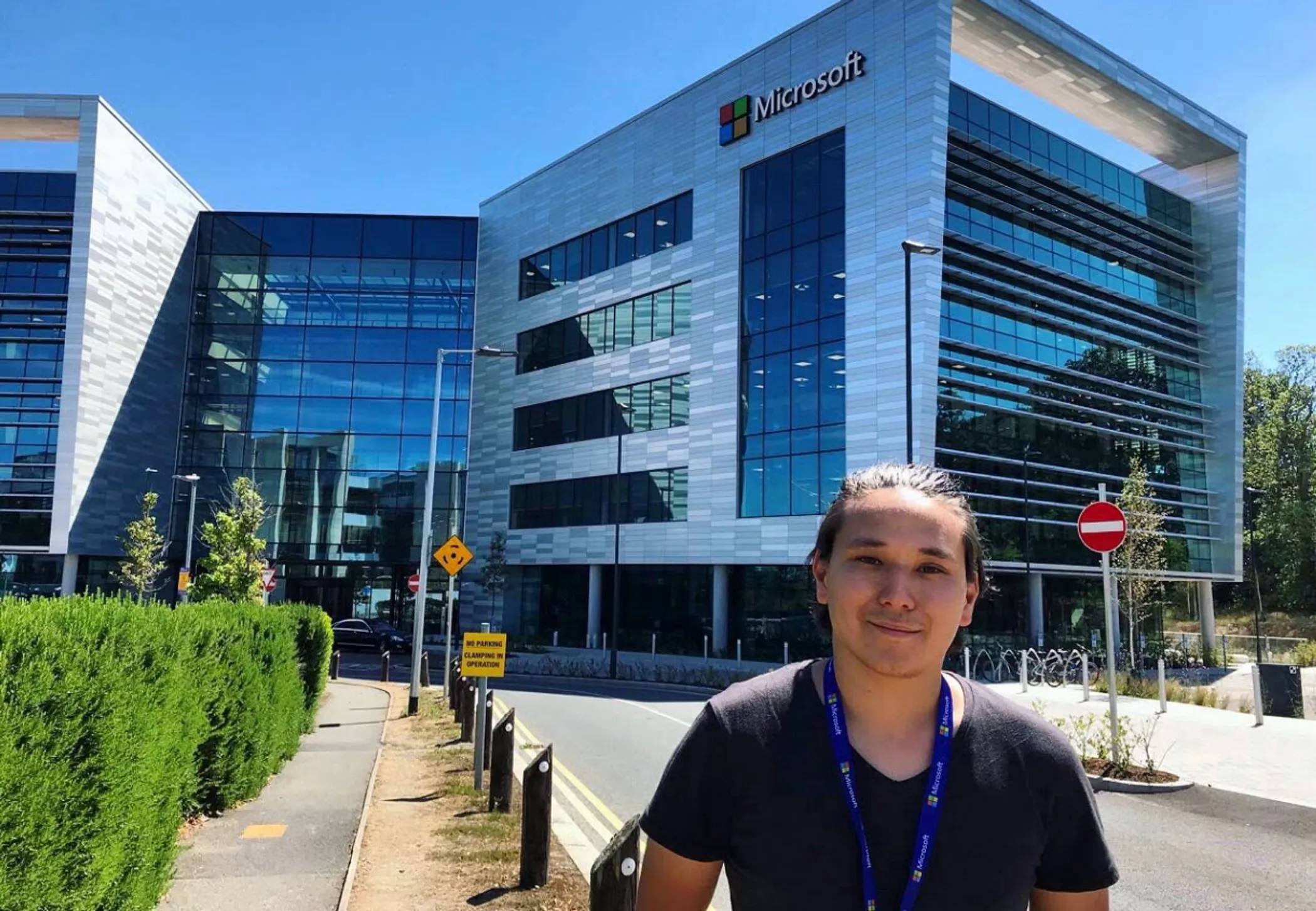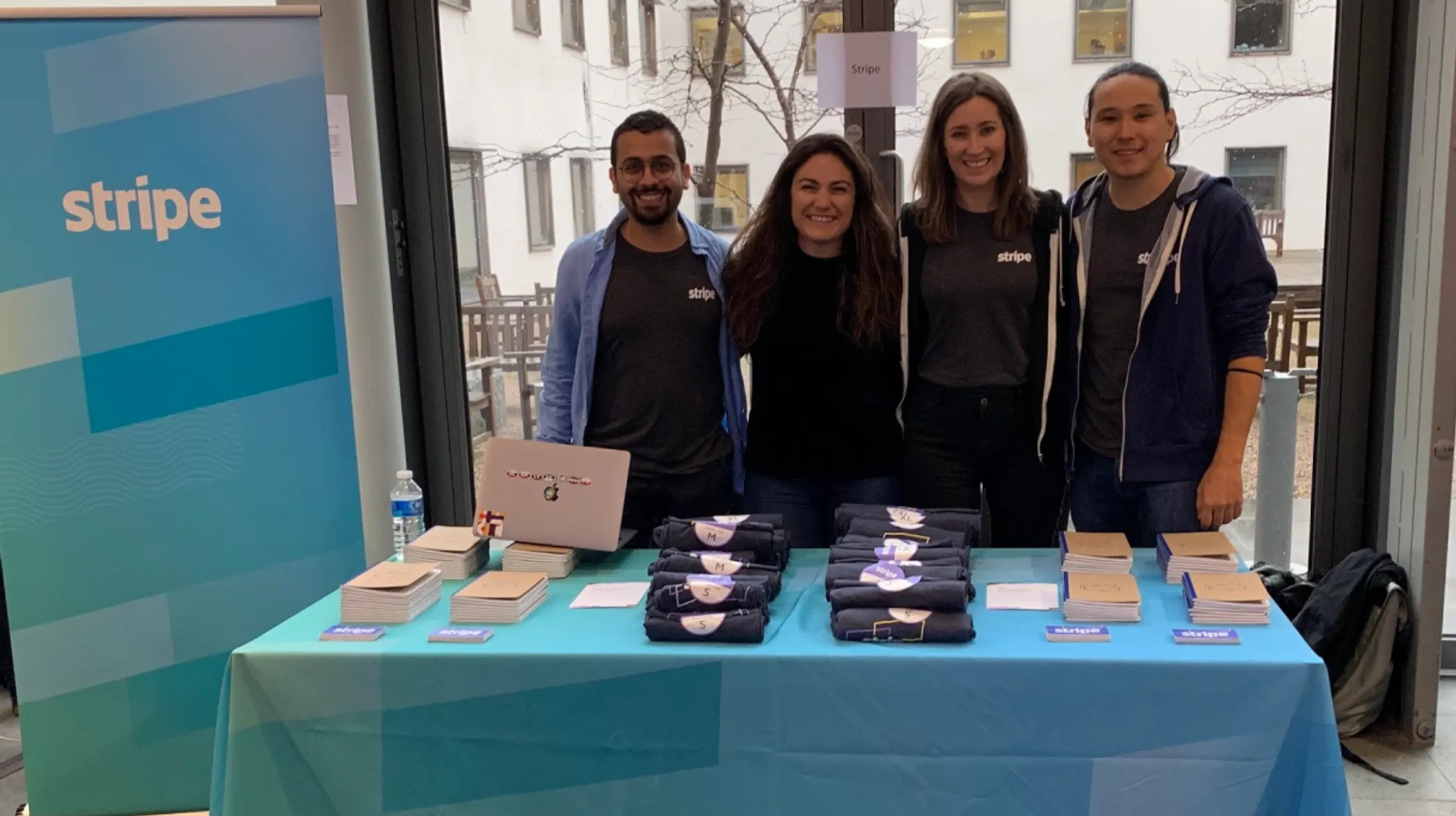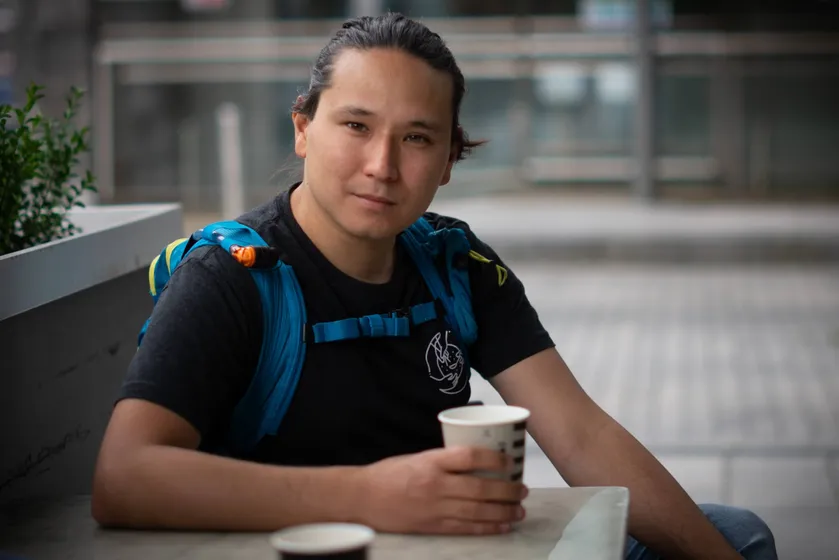Yeldar Kurmangaliyev used to work as a software engineer for a large fintech company in Kazakhstan. His career seemed to be set in stone, and he was not thinking of moving abroad until one photo changed the course of Yeldar’s professional life. He secured a job at Microsoft, moved to Ireland, and started a blog for other expats. But neither the company nor the country turned out to be his final destination.
Today, Yeldar lives in New York and works for Stripe – an Irish-American financial service company. He develops business solutions for customers globally, and aims to take nearly a decade of his experience in fintech a leap further.
In this article, Yeldar sat down with QazMonitor to reveal his career journey, tips to stand out among other candidates, and the risk he took to land his dream job.

How did you get a job in Ireland?
In Kazakhstan, I worked at Kaspi. Worked for a year and a half, and then started actively looking for work in other companies. I didn't even think about going abroad.
I had a friend who was a teacher at IITU [International IT University in Almaty], and he had been working in Ireland for a long time at Microsoft. One day, he just posted a picture on Instagram where he wrote, "we're changing offices, we're moving to another building". I posted a comment: "cool, I'd like to work there someday". He asked me to send him my resume. I sent it, and they invited me in for an interview. It was a total coincidence; I hadn't planned it. I wasn't prepared.

Was the hiring procedure complicated?
The process is quite thorough. After the resume is reviewed for compliance with the qualifications, the recruiter calls and talks to the candidate for about half an hour.
Then, there are a couple of one-hour remote interviews with engineers. If they go well, they pay for your visa to Ireland, tickets, and accommodation to do on-site interviews.
There are 5-6 interviews in one day. Three of them were coding exercises, one was on big system design and another one was on experiences and goals.
What made you leave Microsoft after a year for Stripe?
There were several reasons. Microsoft is a very cool company with a very strong internal culture and nice people. In my case, it was probably bad luck. I didn't do very well on the interview. It was my first serious technical interview in English, and they hired me for an entry-level position (level 60). Usually, university students are taken at this level, but with my 6 years of experience and former lead engineer position – I was ‘under-leveled’.
I still wanted something fast-paced, something dynamic where I could advance my career.
A career at Microsoft is stable but slow. I knew I would get a promotion in two years and then another one in another two years. And that didn't particularly satisfy me.

Has Stripe lived up to your expectations?
It has. After all, Stripe is a startup that moves fast. The main thing for me was that everything should be fast-paced; the work should be more interesting and mobile. I work on something new and interesting every three months. And objectively, it turned out that I was moved up to a senior position at Stripe. More favorable terms. The risk was worth it and absolutely justified.
What do you do now?
Here, I do identity onboarding and compliance. We make sure that fraudulent users cannot access the system. When users register in the system, there are a lot of requirements that they have to fulfill. For example, a person from Kazakhstan goes to Ireland and opens a company and processes payments through Stripe. This person needs to be compliant with Ireland, the States, and Kazakhstan. We're building a platform that allows us to make sure that in every country, for every combination of factors and requirements, both the user and Stripe stay compliant.
Why did you decide to move to the US?
It was on my bucket list. I always wanted to move to the States and work there, even though I loved Ireland.
You wrote in your blog that the level of responsibility of a developer in CIS countries and abroad is different. How does that pan out in the working environment?
What I wrote is more applicable to conventional, conservative tech companies. In my experience, in all companies [in Kazakhstan], they would come to me and say, "Add this and that so you could click on them and make this happen”. It was simple. You just accept the task and do it. As a programmer, I was not involved in the decision-making, which influenced my desire to change jobs.
It’s a different story in Ireland and the US. I'm expected to lead all the processes and figure out what to do. For example, I could have an objective like, "our product has 50 users, we need 100 by end of next year". As a programmer, I have to do something to increase the number of companies.

And how do you approach such a task?
I research the market. I try to understand what's on the market. I do user interviews. I create user stories. We create feature tables. We sign requirements. Figure out how it's going to look from a design and user perspective. And then we write the design documents, coordinate with all the teams, and implement and test the solution. And when we go to the management on some demo day, we just say that there used to be 50 users, and now there are 100.
And this is tangible business value. You say your team achieved some business metrics, and that's what matters. You’ve brought money to the company.
What are your goals now after almost a decade of experience in IT?
Career-wise, I really enjoy being in my role, but it's a so-called terminal level. But there is an optional level – it's a leadership role. It's where I want to grow, but I feel like I lack the right skills, and that’s what keeps me going. It's not the promotion itself that I'm really interested in but the skills that I gain from it. It's a challenge for me.
What is it like to be a Kazakh engineer in the United States?
When I met people in Europe, most of them ask where I am from. They perceive you as someone from another country. They show sincere interest in you, and respectfully ask what your country is known for. On the one hand, it is comforting. But, on the other hand, it prevents you from integrating into the community. In 3.5 years in Ireland, I didn’t make close local friends. People still kept their distance.
In America, they ask me "what State are you from" or "were you born in New York?" When I reply "I'm from Kazakhstan", they get surprised. They don't even assume I'm an immigrant because everybody looks so different. Everybody has different accents that they all think you're a New Yorker. It's very easy to integrate in that way. There are some cultural traits, but they're not tied to your national identity in any way. It's the identity of the city.

How convertible are the skills of Kazakhstani students?
They are very convertible, as long as the student develops on their own or with the help of a mentor. I've seen a lot of these students from NU – they're more mature students. They also often have internships and some interesting projects. I can see that nowadays this culture is strong in some universities in Kazakhstan, and many students are smarter and more thoughtful about their learning path and future career.
The difference between students at Western universities is that they come into industry at 20 and say “I have three internships, two projects, I have ideas, volunteer work, and I will make the world a better place by achieving my great goal”. And the people who get hired not only know how to write code but can sell their ideas and bring success.
I was just lucky. I would have never been able to land an internship or a job at Microsoft right after university. It wasn't the university at all – it was great. I just didn't have any mentors or people around who knew how it's done. There was no "10 things to do to get into FAANG" culture at my university, so I never felt a need to work hard on these things. And, honestly, I’d never even thought I could get a job at Microsoft or Stripe.










